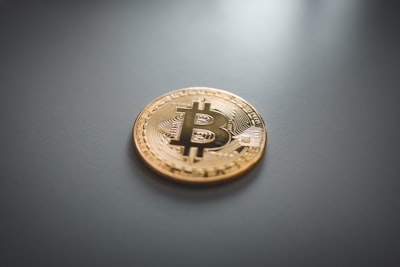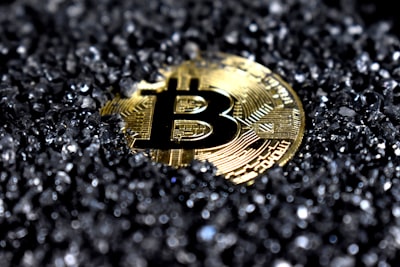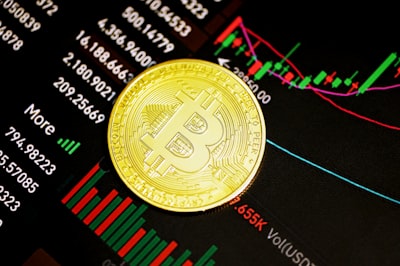Hodler bias: you want something to go up in price, so you disagree with all the bearish facts. You see investors perform mental gymnastics around the uncomfortable facts, and this is something that unites Bitcoiners, Tesla ‘investors’ and Wirecard victims alike.
Bitcoin will play some sort of role, but it’s not obvious that it will be a critical one. It could remain as a smuggler’s currency, the currency of the dark web, the token of pirates and cypherpunks. At this point, it’s not going to find itself into the mainstream financial system any time soon, much less to the wallet of the common man. Keeping track of the lengthy addresses, seed phrases, understanding the tax implications, dealing with the enormous price fluctuations and the transaction fees — it’s a lot of new hassles for very little utility for the common consumer.
Meanwhile, we cover how ‘securing the network’ is a mere fait accompli: the energy spent yesterday does not guarantee the security of the network tomorrow. The time and money spent does not anchor the value of the currency to anything. The derived value does not come from the cryptography, it does not come from the ledger aspect, or the ease of transaction. Holders don’t utilize any of these features. They are the justification for the price, but they do not provide the underlying value.
As for the comparison to gold: one argument you hear about gold is it’s valuable due to the historical legacy — it’s been money for 5000 years, so it’ll be money tomorrow. You could argue that the history doesn’t guarantee the future, but I’ll take 5k years over a decade any day. Also, once you’ve mined the gold, you have it. No further mining is required in order to perpetuate that value, and that’s a key difference to Bitcoin. If you stop mining bitcoin, you can’t move your bitcoin — your bitcoin address is then just a string of numbers and letters. It has no purpose, no use case. This is why every form of market money has been a commodity (salt, animal skins, silver, cigarettes, you name it).
With Bitcoin, you are starting to see a same kind of economic nihilism that permeates traditional finance. It’s actually very similar to the ethos of Davey Day trader, David Portnoy who has come on the stock trading scene recently and is basically goading retail investors into going lock on stocks. He knows full well the market rally is just a fed-driven sugar rush, but that’s the only game in town. The retail investor stampede is typically the last stage of a stock market bubble, but we’re see if this time it’s any different.
Speaking of Fraud, you may have heard of a company called Wirecard filing for insolvency in Germany recently. How does this tie in to crypto and Bitcoin? In more ways than one, it turns out. Back in 2019, Wirecard sued Financial Times for their reporting that a Wirecard executive was “falsifying accounts”. It turned out that this appears to be have been true. This has led to knock-on effects in the crypto-space, because several crypto debit cards used Wirecard for their transaction processing.
Much like was the case with Wirecard, there is also a suspicion; raised by New York Times, that crypto stable coin Tether does not hold the reserves it claims to own. Call me skeptical, but are we to believe that institutional sized investors have funneled in $9,788,483,969 into Tether through some offshore dodgy bank, while Tether fails to provide an audit by an established, known and recognized auditor. Right. Maybe, a more logical interpretation of the situation is that Tether is printing money to its heart’s content, and issuing Tether tokens willy nilly to buy Bitcoin and other currencies to enrich themselves and to artificially inflate the price of Bitcoin.
If Tether turns out to be a giant shell game, this is going to cause Bitcoin to absolutely implode in terms of price. Here’s the problem: more than half of all the trading that goes on on exchanges is between Tether and Bitcoin. Should you be holding Tether at all? Take a listen.
Supporters of taim.io.







